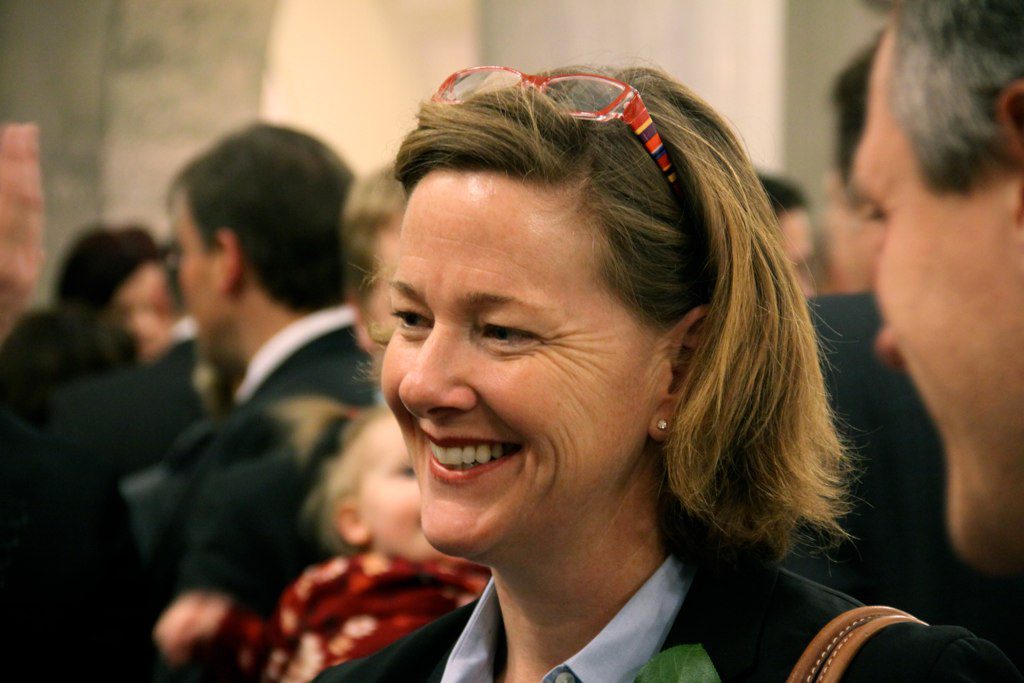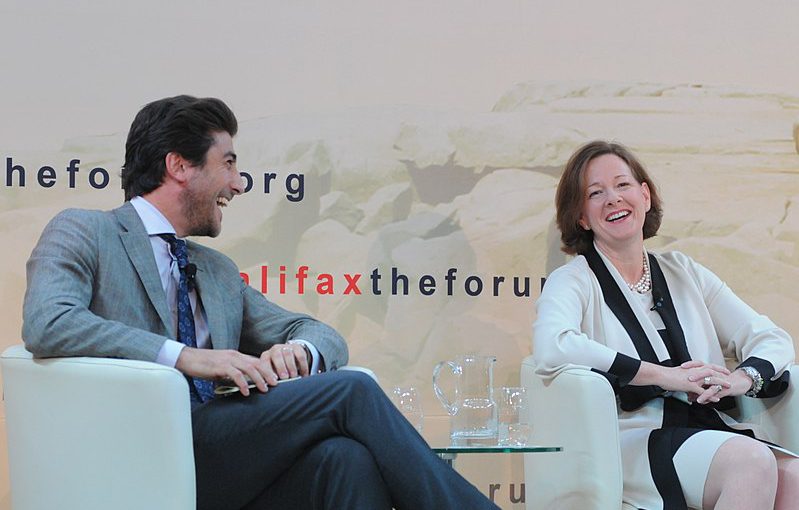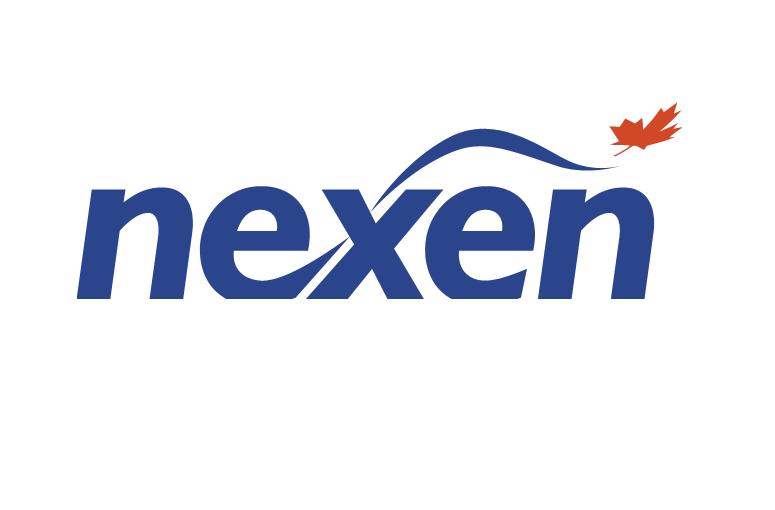Justin Trudeau has a problem on his hands. The Liberal caucus that formed a majority government in 2015 for Trudeau has been reduced to a minority. The new distribution of seats has exposed troublesome regional divisions in Canada. The separatist Bloc is back in Quebec, while Alberta and Saskatchewan formed its own block of Conservative seats, save one lone NDP MP.
The prime minister faces the prospect of forming cabinet without regional representation in either Western province. With such regional divides and alienation rising, this is an issue that Trudeau cannot ignore.
There are a few options that have been bandied about in the establishment press about how Trudeau can begin to address the resentment felt by these two Western provinces. Some have been tone-deaf, and most have been poor ideas. From opposition MPs, Senators, or even former Premiers, what will Trudeau do?
Floor crossing or outsourcing?
In the end, Mr. Trudeau will need lone Alberta NDP MP Heather McPherson to cross the floor, or he will need to appoint an unelected Canadian into his cabinet. The federal NDP agenda is antogonistic to Western Canadians who voted for the development of energy projects and thus would be a non-starter. Prime ministers have appointed unelected Canadians to serve in ministries before. Stephane Dion and Pierre Pettigrew were initially unelected members of cabinet in Paul Martin’s government.
Ralph Goodale’s name has been offered up. The stalwart Liberal who was a sure-thing for Liberal cabinet makers finally went down in defeat on October 21st. His appointment to cabinet would ignore the outright rejection of a Trudeau mandate on the prairies. Goodale’s appointment wouldn’t be a surprise, however his presence would do little to stem the tide of resentment in this part of Canada.
Surely, not the non-partisan Senate!
Trudeau will also find it difficult to appoint a Senator to his cabinet. Though Stephen Harper appointed Senator Michael Fortier to the 28th ministry in order to reflect Montreal representation in his government, Trudeau has made a large show of the ‘non-partisan’ nature of the Senate. An appointment from the Upper Chamber to the government would shred the rest of his credibility on this file.
That brings us to an uncoventional appointment which would satisfy regional representation and complicate matters advantageously for Trudeau.
Red, Redder, Redford
Allison Redford is the former Premier of Alberta. She is seen by the central Canadian establishment as a ‘Tolerable Tory’ and the kind of ‘Conservative’ that Albertans should be sending to Ottawa. Of course, Albertans disagree. Redford’s popularity in that province plumetted to 18% after a series of entitlement and travel scandals, before she faced a caucus revolt and was forced to resign.
However, to those that matter to Trudeau, the prime minister would sell such an appointment as ‘reaching across the aisle’ and to bridge the divide between Ottawa and the West.
Redford would jump at the chance
For Redford’s part, she would say yes to such an appointment. Having felt unceremoniously spurned by a province that rejected her, Redford has been re-emerging in media and has been spotted testing the waters on re-establishing the esteemed reputation of an ’eminent Canadian’ among the Laurentian consensus.

Redford has indicated that she is willing to help the Trudeau government in an advisory capacity. Redford told CTV News, “I am happy to help in any way. This is something Canadians have been thinking about for a long time and I think the key is that there has to be a lot of voices at the table.” She added, “If there’s something I can do, I’m happy to help.”
Kenney conundrum
Redford’s appointment would be a fly in the ointment to the current Premier, Jason Kenney. Though 95% of PC and Wildrose members voted for merger that Kenney orchestrated, many saw the outcome as a Wildrose takeover by the PC party.
Kenney is wildly popular in the province, especially as the province wars against another Trudeau. As a former PC Premier, Redford could be a complicating factor for Kenney. This would be especially true if Redford were appointed to the post of Minister of Natural Resources.
Despite her reputational damage, the gravitas of a former Premier in Trudeau’s cabinet would put up an Albertan dissenter and appellative equal versus Mr. Kenney.
The 44th General election
Let’s not forget that with this minority Parliament, we could be back into an election soon. The longer that western alienation is left to fester, the more the ballot question will become about who is best suited to address regional anger and unite the country.
Liberals have had poor showings in Alberta for so long that we can easily say that they are traditionally unpopular in that province. A party cannot credibly govern a country if it has a deep-rooted antagonistic relationship with a significant portion of it.
For the Liberal Party of Canada, either the future looks like more of the same with an aloof attitude toward the West, or that party’s unsustainable track is addressed and they finally produce a plan for allowing Alberta to play to its economic strengths.
Would Alison Redford be the awkward beginning of such outreach to the West? We remain highly skeptical of her benefit to Alberta and to Canadian unity, but it certainly would do more for Trudeau’s cabinet recalculation than adding with zeroes.

